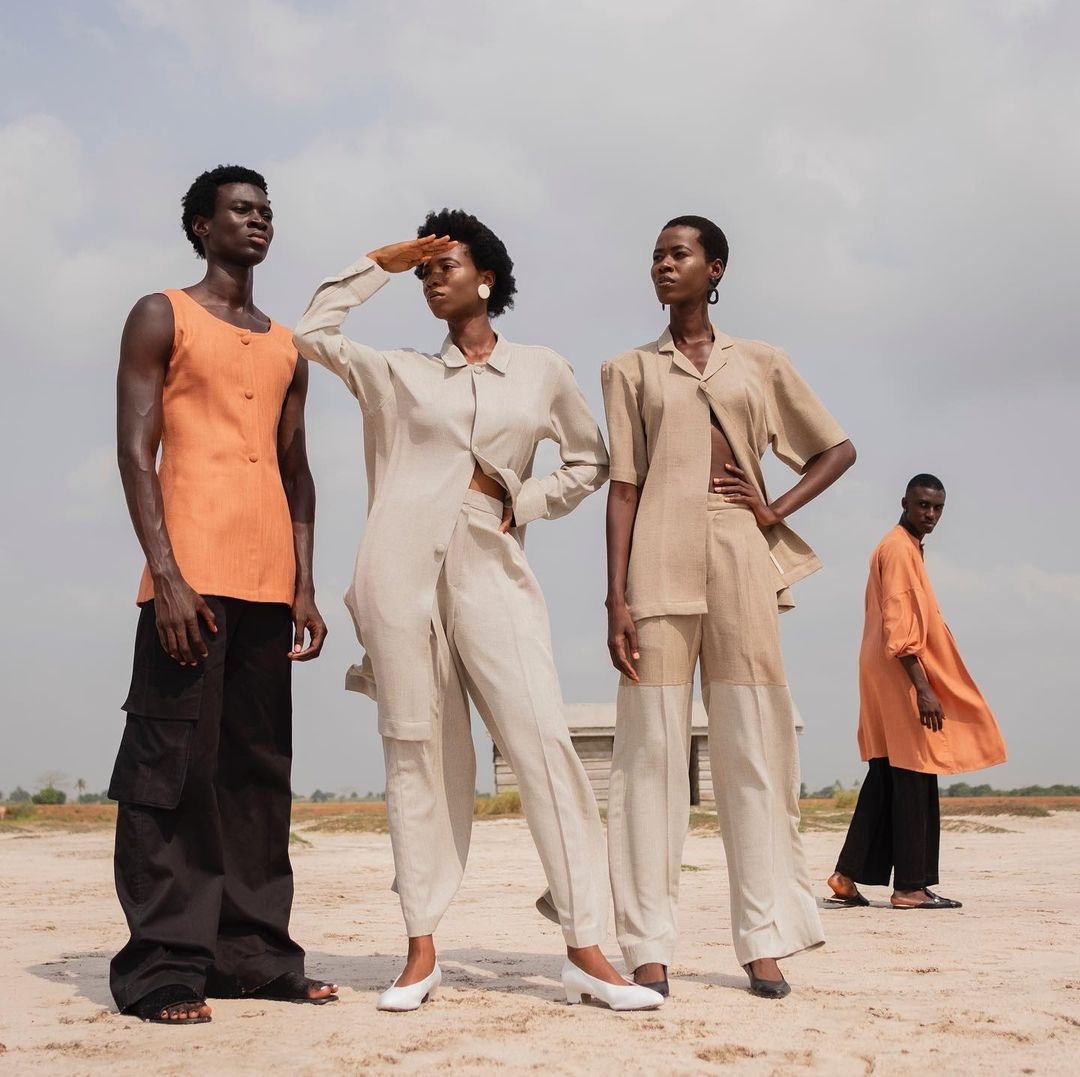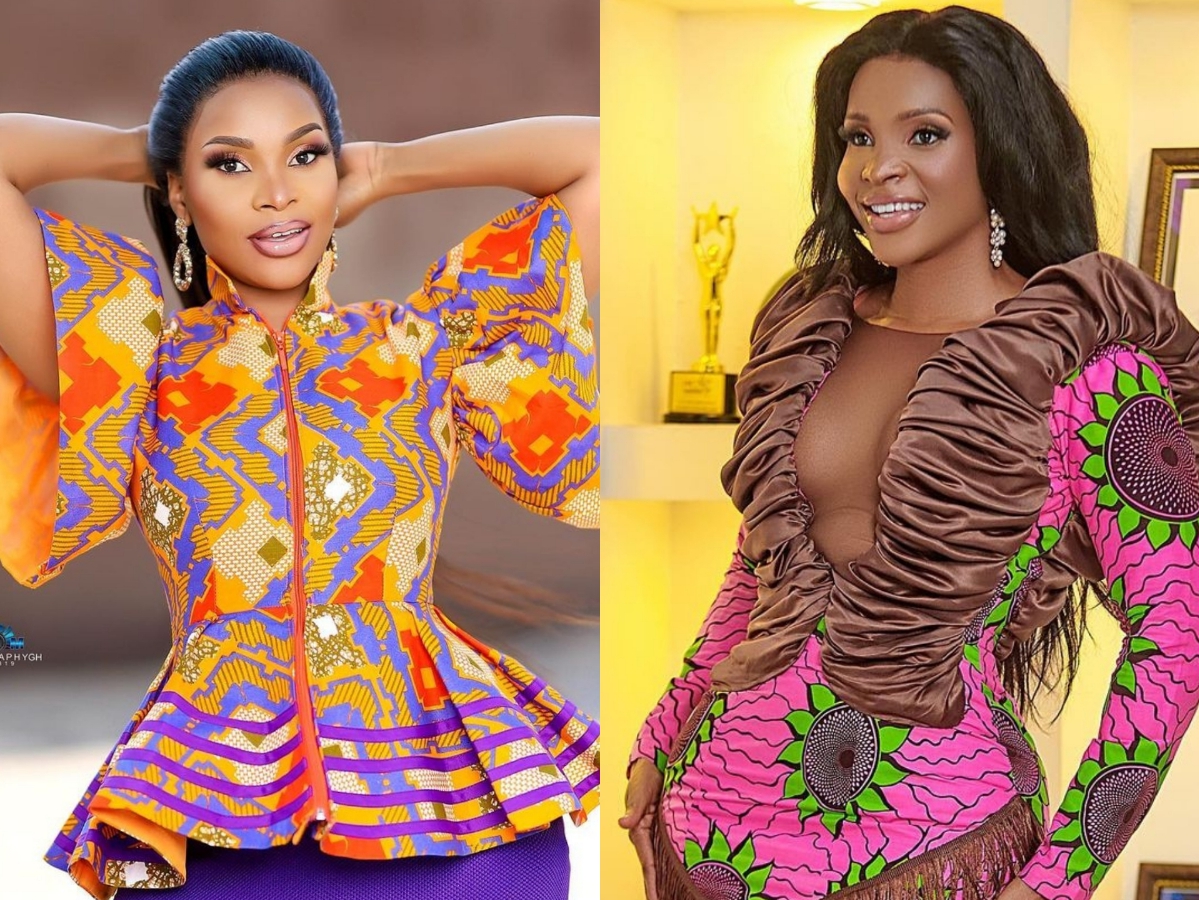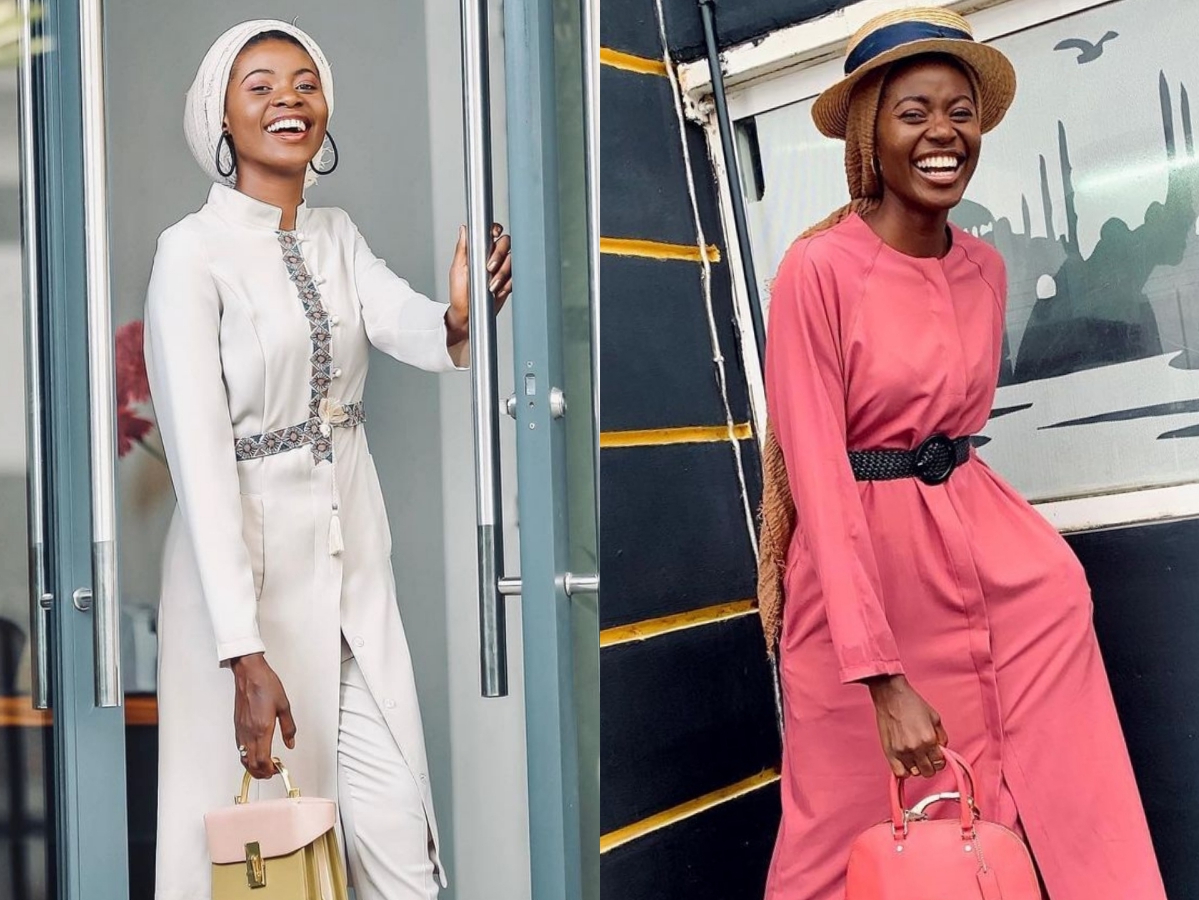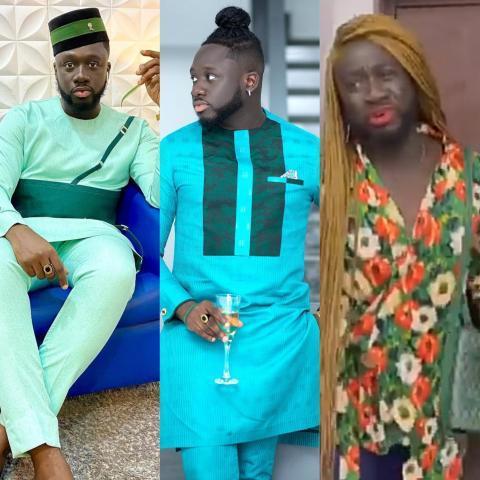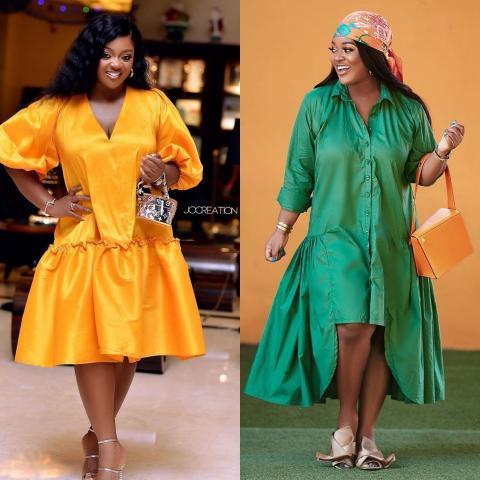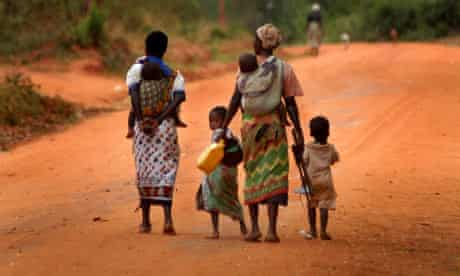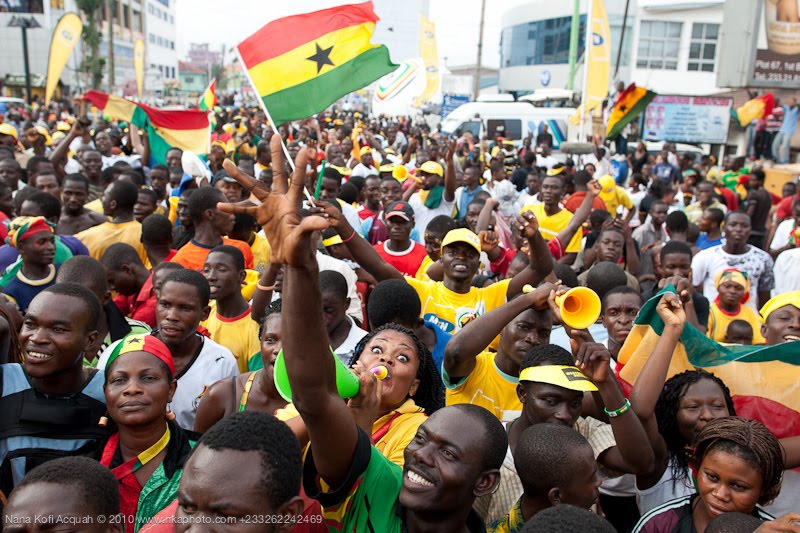The era of independence that started in the mid-1950s to late 1970s noted several African countries attaining independence. The Africans that championed the course of independence were Africans trained in colonial institutions. Having been trained and worked in colonial educational and other institutions means, the enlightenment which they claimed to have was based on colonial rules; the institutions are owned by colonial powers, and the knowledge in the institutions were introduced by colonial powers. Hence, colonial powers were absolutely aware that after being trained, these set of Africans would demand for independence.
In
light of the above, colonial powers made the rules for independence unknown to
Africans. For instance, colonial powers decided the date, persons to be in
government, and even attending independence ceremonies e.g. the independence date
of Ghana was decided by colonial authorities and high ranking colonial
officials were guests in the independence celebrations, (Note: Colonialism is
the practice of domination of a country by another or a set of countries with a
common interest. And decolonization is the process of dismantling domination
structures and systems on a country).
Colonial powers only allowed people that have served in their government to continue after the said independence. Example, the first president of Tanzania, Julius Kambarage Nyerere served as Prime Minister, Chief Minister, Member of Legislative Council in the colonial government. Ahmadou Ahidjo, the first president of Cameroon served as Prime Minister, Member of the French Union and other civil service portfolios in the colonial administration. The first president of the Democratic Republic of the Congo, Joseph Kasa-Vubu served as Mayor, Chief accountant and other civil service portfolios in the colonial government.
Nnamdi
Azikiwe, the first president of Nigeria served as Member of the Privy Council,
Member of Legislative Council, Premier while the first Prime Minister, Abubaka
Tafawa Belewa served as Chief Minister, Minister of Transportation and several
other portfolios in the colonial government. Kwame Nkrumah of Ghana served as
Prime Minister, Headmaster and other portfolios in the colonial government.
Likewise, Kenya’s Jomo Kenyetta effectively served in the colonial
administration and it was replicated across the continent except Angola and
Mozambique whose independence was largely influenced by the overthrow the
‘Estado Novo’ regime in Lisbon, Portugal.
Colonial
powers only allowed people that have served in their government to continue in
order to maintain the colonial structure: Africa was conquered and the
governance institutions that were built was to maintain and implement their
colonial interest, which is exploitation of the African resources. After the
said independence, African governments didn’t overhaul or restructure the
structure of governance, which still remain today. Also, the said independence
constitutions were approved by colonial governments (ensuring their colonial
interest) those constitutions are the foundation of every existing constitution
in the continent today.
After
few years of the said independence, Africans realized colonialism is deeper
than it was in the time of independence; expressing itself in entertainment,
culture, fashion, education, religion, administration of justice, politics and
economics.
As
part of the implementation of the rules of independence unknown to Africans,
which is factually the maintenance of colonialism on the continent; currently,
Africans are the champions in maintenance and expansion of the colonial
structure example, the implementation of IMF and World Bank structural
adjustment programs and policies, campaigns for foreign loans and bond,
colonial economic and political doctrines implementation, doctrines of colonial
medias and many others that has no relationship with the improvement of the
welfare of Africans.
Reassessing why Africa was colonized, the principal reasons were:
1. To have unlimited access to mineral resources cheaply.
2. To have ready market for finished products. In today’s said independent Africa, these reasons are still very much implemented.
In Zambia, the decision making companies in the mining industry are Barrick Gold Corporation, FQM Limited, Glencore Plc. And these companies are from Canada, Switzerland and United Kingdom. In Tanzania, the major companies in its mining sector are Acacia Mining Plc, Resolute Mining Limited, Shanta Gold Limited and these companies are from United Kingdom and Australia. And the major in Nigeria’s Oil and Gas sector are Royal Dutch Shell, Eni S.P.A, ExxonMobil, Chevron, Total S.A. and these companies are from the Netherlands, Italy, and United States of America. Likewise, every other African country. Hence, the reason of unlimited access is guaranteed.
The
reason of ready market; it is factual China has made Africa its dump site e.g.
textiles. The signed European Union Economic Partnership Agreement with Sub
Saharan Africa. The United States proposed free trade agreement with Mauritius,
Lesotho, Kenya, Namibia, Ghana, Mozambique and Botswana. All an implementation
of ready market.
Thus, the believe of decolonized Africa is a delusion until Africa’s welfare is prioritized and it finally dawn on Africans, which would instigate practical steps in that direction.









